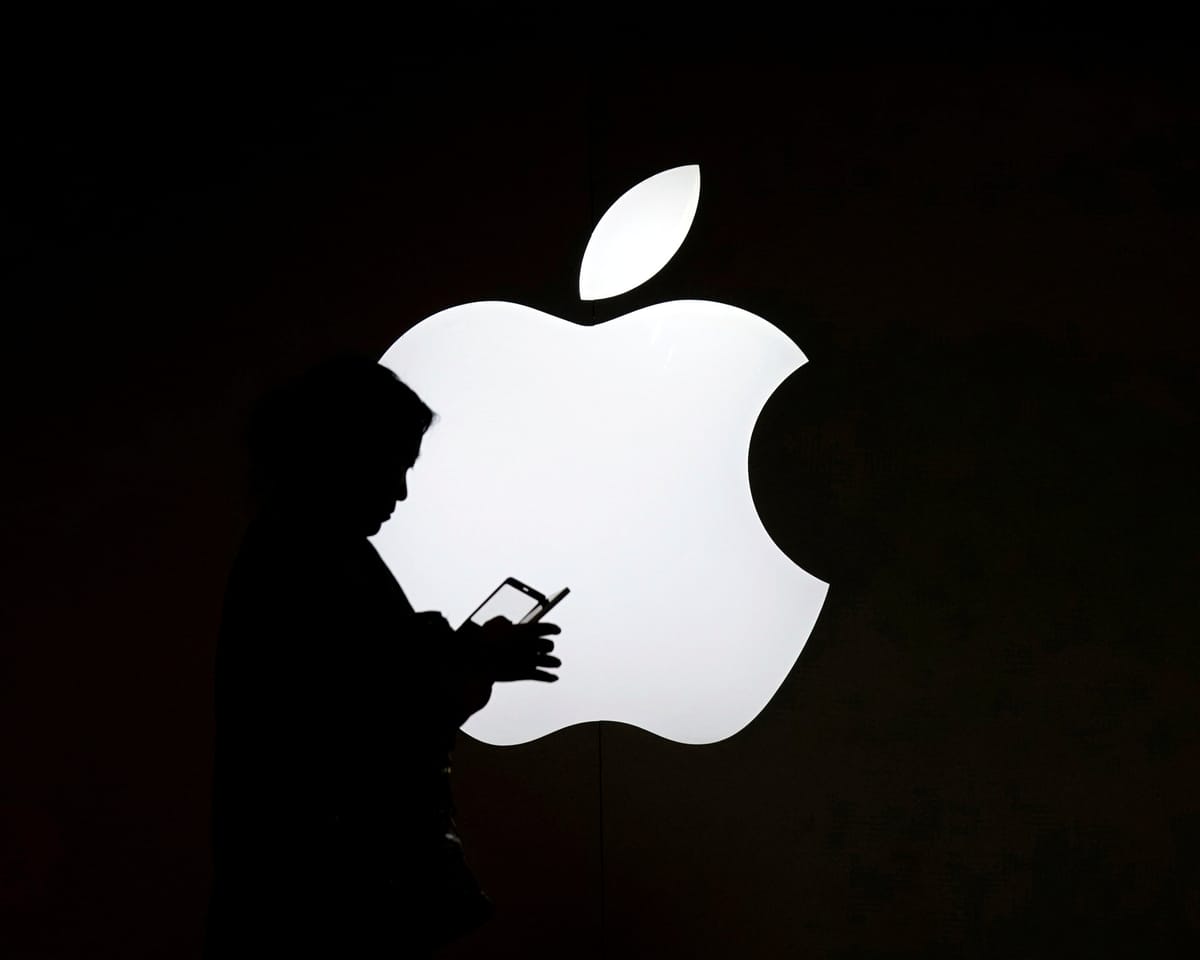Apple Faces Challenges Amid AI Struggles and Tariff Pressures
This year has been difficult for Apple. The company trails behind other major tech firms in artificial intelligence, its stock has dropped significantly since January, and it recently closed a store in China for the first time ever. Additionally, impending U.S. tariffs on Chinese goods could disrupt its supply chain. On Thursday, the company will announce its third-quarter fiscal results as investors assess whether the iPhone maker can reverse its recent struggles.
Despite these concerns, Apple remains valued at over $3 trillion, and analysts anticipate stable earnings. According to S&P Global, the company is expected to report a 4% revenue increase from the previous quarter, reaching $89.3 billion.
"Apple has relied heavily on its high-margin services business to drive revenue growth, which helps offset weaker performance in other areas," noted Dipanjan Chatterjee, an analyst at Forrester.
Chatterjee highlighted several factors contributing to Apple's recent difficulties, including a lack of major hardware innovations and consumer disinterest. Its AI developments have also faced delays and technical issues. Apple Intelligence, the company's AI offering, has introduced only minor updates rather than major advancements. More than a year after announcing improvements to its voice assistant, Siri, many of the promised features remain unavailable.
"We needed more time to ensure these Siri enhancements met our standards," said Craig Federighi, Apple's head of software engineering, during a June developer event.
U.S. tariffs on Chinese imports have also created challenges. Despite efforts to diversify production, most of Apple's products, including nearly 90% of iPhones, are still made in China. CEO Tim Cook previously stated that these tariffs could increase costs by $900 million this quarter.
In response, Apple has expanded manufacturing in countries like India and Vietnam. However, recent tariff hikes on Indian goods, set to take effect in August, add further pressure.
Amid these internal and external setbacks, Apple's stock has declined significantly in 2024. Once the top performer among the "Magnificent Seven"—a group of leading U.S. tech companies—it now ranks second-lowest in stock performance, ahead only of Tesla, with shares down roughly 15% since January.
Read next

"AirPods Pro 3 reviewed: Upgraded battery, superior noise cancellation, top-tier performance"
Apple’s widely used AirPods Pro wireless earbuds have returned for their third iteration, offering improvements in comfort, battery performance, integrated heart rate tracking, and enhanced noise cancellation. The new model appears poised to be as prevalent as earlier versions.
Three years have passed since the previous release, yet the

"Peter Thiel's secret talks on antichrist shed more light on him than doomsday"
Peter Thiel’s Unusual Academic Pursuits
Peter Thiel is known for his skepticism toward academia. Yet, in four recent private lectures in San Francisco discussing the antichrist, the billionaire investor has made an unexpected case for intellectual credentials.
During these wide-ranging talks, Thiel appeared to channel the eclectic thinking he

"X resolves $128M severance dispute with former Twitter executives"
# Elon Musk and X Reach Settlement with Former Twitter Executives Over Severance Dispute
Elon Musk and X have resolved a legal dispute with four former high-ranking executives of Twitter, including the company’s ex-CEO, who alleged that the billionaire withheld $128 million in severance payments after acquiring the social media

